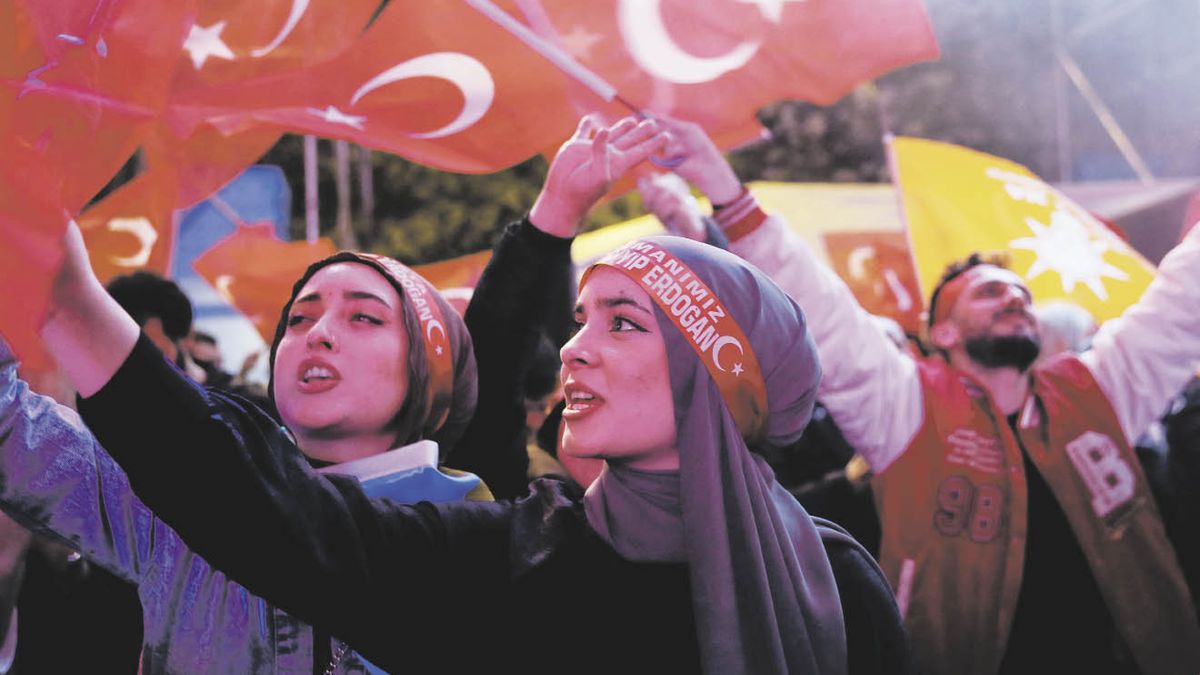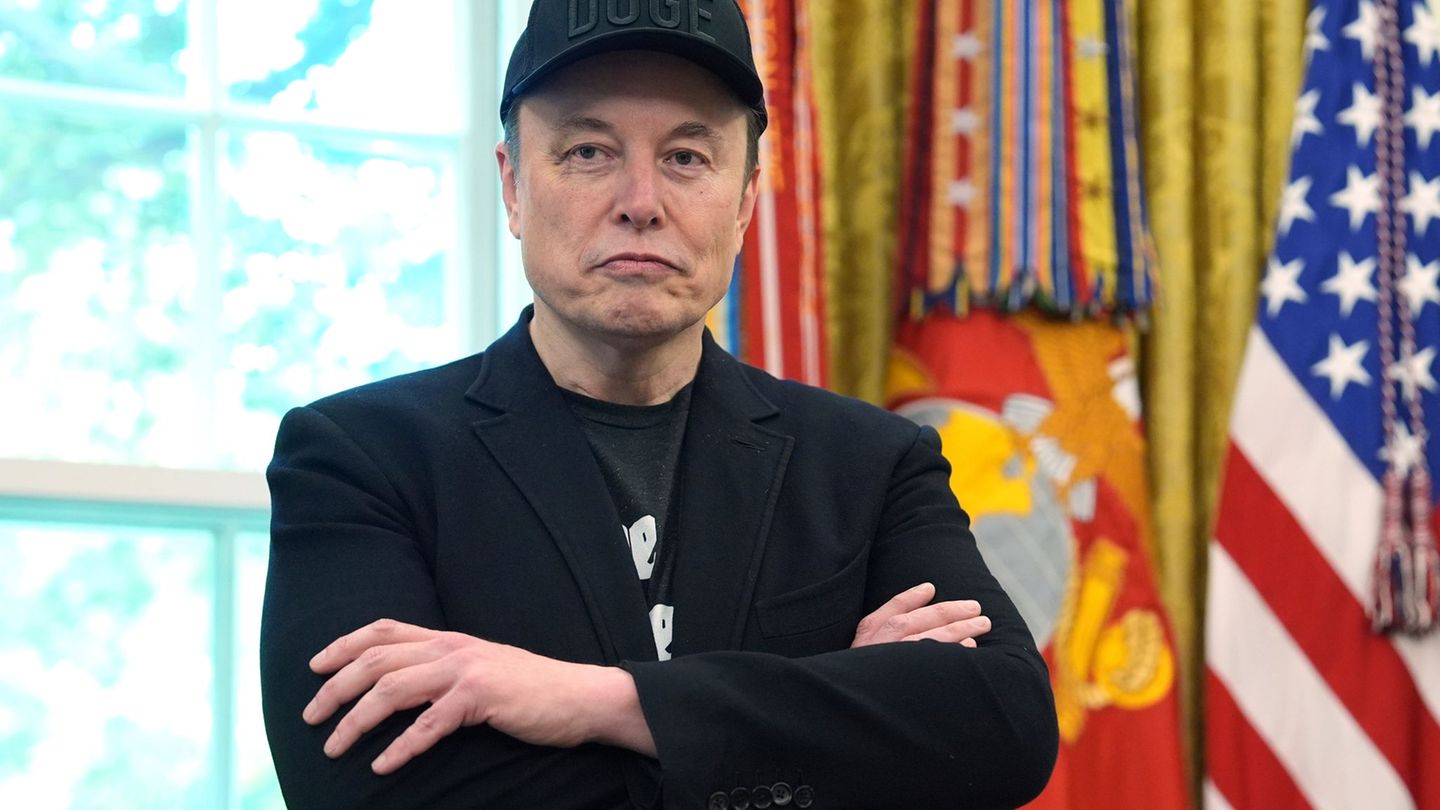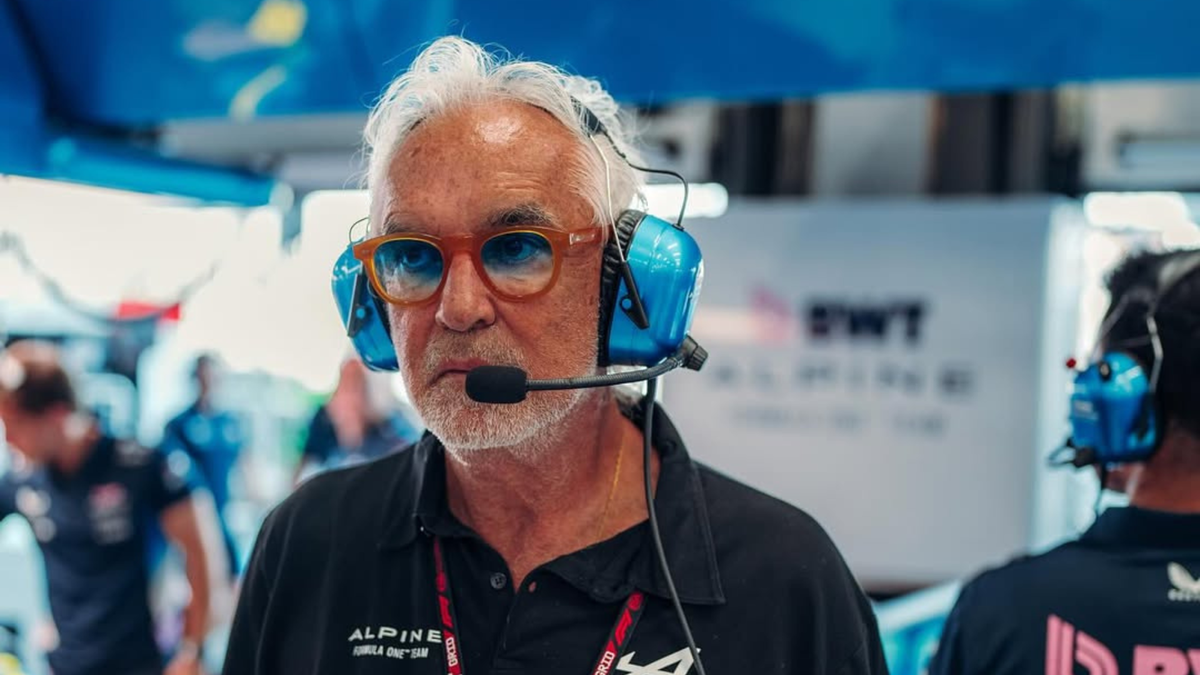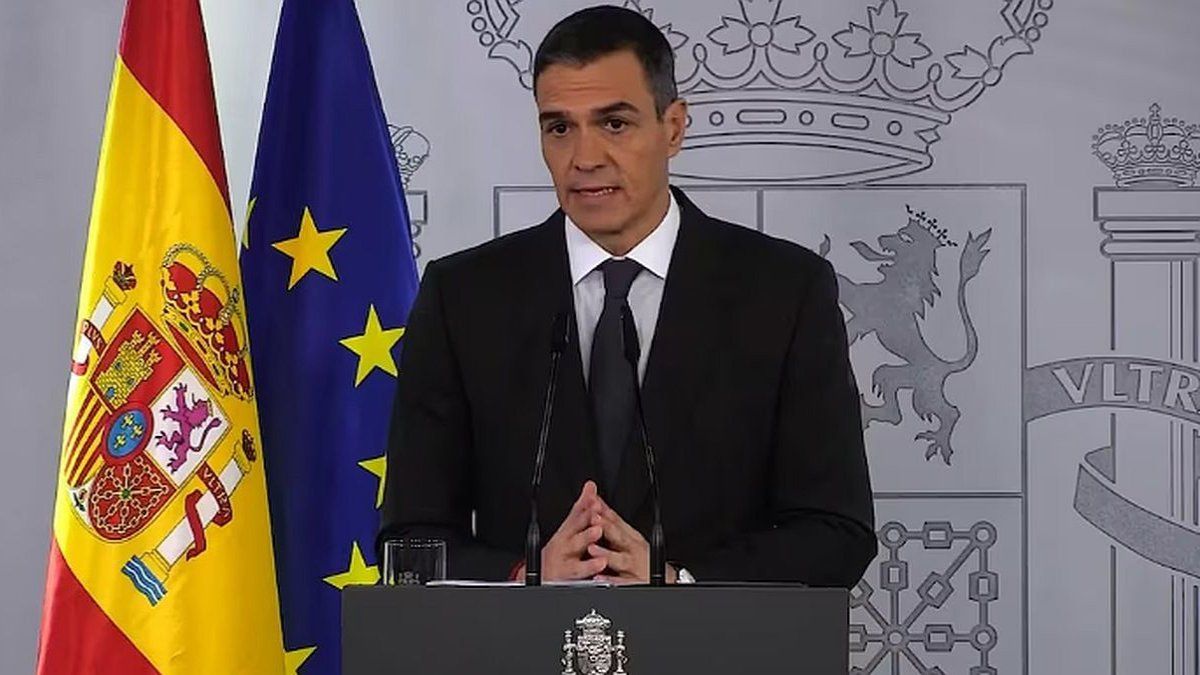After counting 98% of the votes, according to the public news agency Anadolu, Erdogan, at the head of the Justice and Development Party (AKP), reached 52.1% of the votes compared to 47.9% for his rival, the Social Democrat Kemal Kilicdaroglu.
“Each election is a rebirth,” said the president when announcing his victory.
“We will keep all the promises made to the people,” he told a crowd gathered in Istanbul waving Turkish flags.
Spontaneous rallies to celebrate the victory also took place in other cities, especially in the Anatolian region in the center of the country. “Now we have opened the door of the Turkish century, but we open it together; together we made the dreams and emotions of all segments of our nation come true, from men to women, from young to old, from employees to retirees,” he maintained.
Erdogan did not wait for the final results of the vote to declare his victory and went before the crowd from his residence in Kisiki, in Istanbul, after learning that the Anadolu agency had declared him the winner when the Supreme Electoral Council (CSE) had counted 80% of the votes. votes.
Although the CSE assured that the vote took place without incident, the deputy of the opposition CHP party Ali Seker told Hark television that he was attacked in the province of Sanliurfa, in the southeast of the country, when he denounced that a group of men were trying to vote. on behalf of the women in their families.
allies
International leaders such as the President of Russia, Vladimir Putin; that of Venezuela, Nicolás Maduro; that of Algeria, Abdelmayid Tebune; Hungarian Prime Minister Viktor Orbán and Sudanese military leader Abdelfatá al Burhan congratulated Erdogan on his victory.
Putin said the result is “clear proof” of the Turkish people’s support for the president. Some 60 million Turks were eligible to vote if they extended the 69-year-old president’s term for another five years.
Erdogan reached the ballot with an advantage in the polls despite the desire for change on the part of the electorate, galloping inflation and denunciations of the restrictions on freedoms in a country where there are tens of thousands of opponents in prison or in exile.
The president, a devout Muslim leader of the AKP, a formation of conservative Islamist origins, arrived with a tired face to vote at noon in an Istanbul neighborhood, where an enthusiastic crowd was waiting for him.
Earlier, after voting, he told reporters that it was the first runoff of a presidential election in Turkey’s history.
“I pray to God that (the election) will be beneficial to our country and our nation…,” he said. Kilicdaroglu, 74, came in second with 45% of the vote in the first round. “This election was held under very difficult circumstances, there were all kinds of slander and smears,” he told reporters after casting his vote.
The latest polls already indicated that the current president, who obtained the support of the ultranationalist candidate Sinan Ogan, third with 5% of the votes in the first round, would maintain the same percentage difference.
Erdogan’s victory in the first round was achieved despite the significant inflation hitting the country – it exceeded 85% in autumn – and the devastating earthquake that hit the nation three months ago.
In these elections, two visions of the country clashed.
On the one hand, Kilicdaroglu promised to restore democracy, the independence of the judiciary and the press after two decades of Erdogan’s government.
The Social Democratic candidate leads a coalition of parties that ranges from the nationalist right to the liberal center-left and was backed by the pro-Kurdish HDP party.
But the trained economist failed to take advantage of the severe economic crisis that is taking its toll on Turkic households and young people.
On the other, President Erdogan, who promised stability and his consolidation in power, has been compared to that of the sultans who ruled the former Turkish Empire, the absolutist political entity from which today’s Turkey derives.
The victory gives Erdogan five more years to carry out his great dream, the “Century of Turkey”, the claim of a historical ideal for the country coinciding with the centenary of the foundation of the Turkish republic by Mustafa Kemal Atatürk in 1923, although His critics understand that the president is moving away from the original precepts by emphasizing traditionalist, conservative and religious values.
Elections in Turkey, population 85 million and a NATO member, were closely watched by both Western powers and Middle Eastern countries because of their key geopolitical role.
After the first round, Kiliçdaroglu appeared more offensive and less smiling than at the start of his campaign.
Lacking access to the mainstream media, he struggled on Twitter as his supporters went door-to-door for votes.
At stake were 8.3 million voters who did not vote on May 14, despite a participation figure of 87%.
Erdogan multiplied the meetings and relied on the transformations that he brought to the country since he came to power as prime minister in 2003, and then as president since 2014.
The president has raised the minimum wage three times in one year and has multiplied his campaign promises, such as free scholarships promised at the last minute to students mourning the earthquake.
In one of his last campaign acts, he went on Saturday to the grave of his political model, the former nationalist-Islamist prime minister Adnan Menderes, deposed and hanged by the military in 1961.
Source: Ambito




